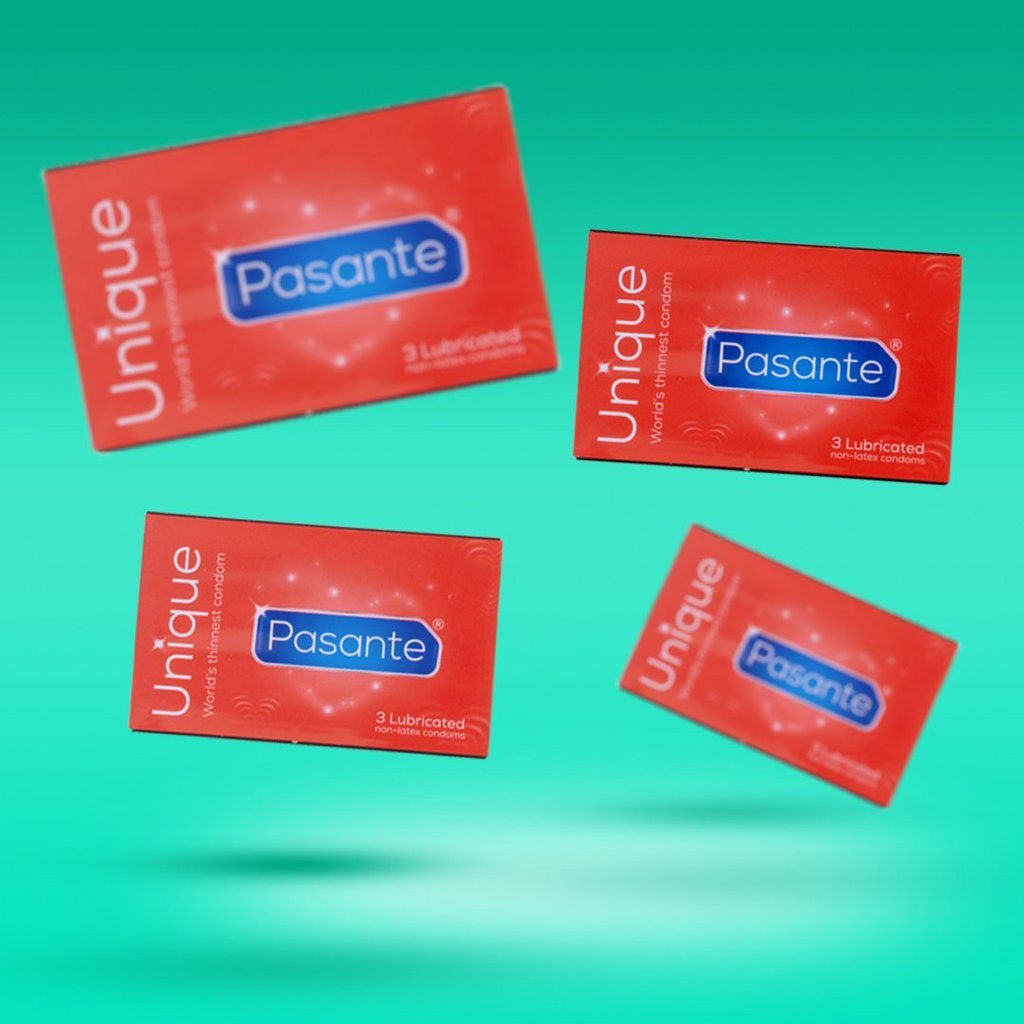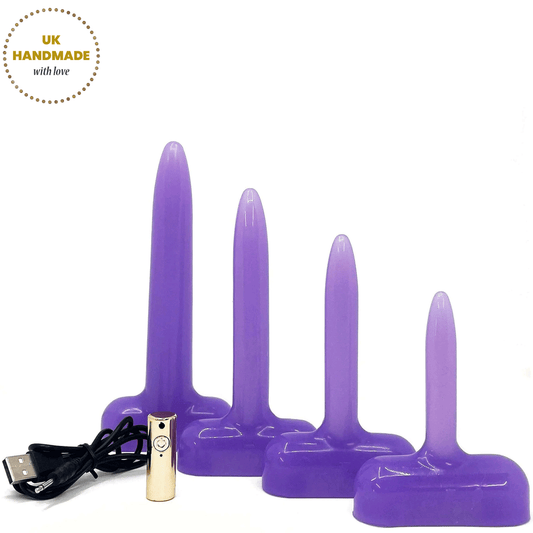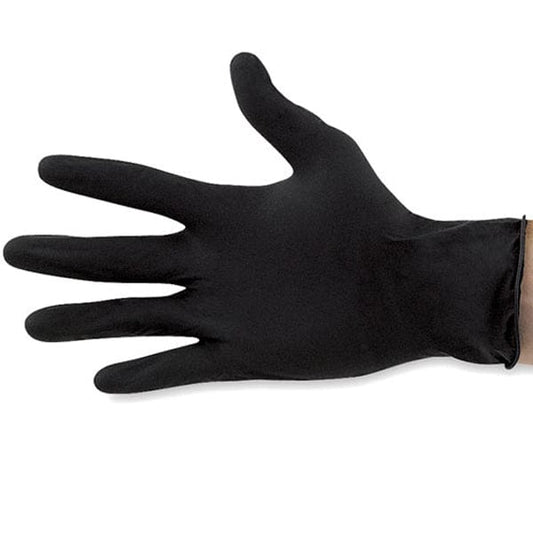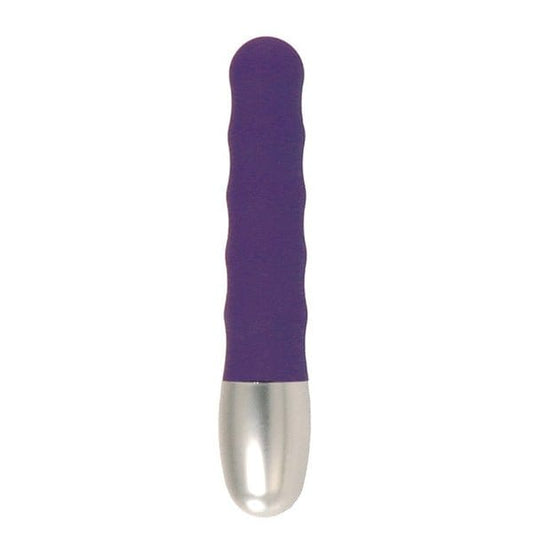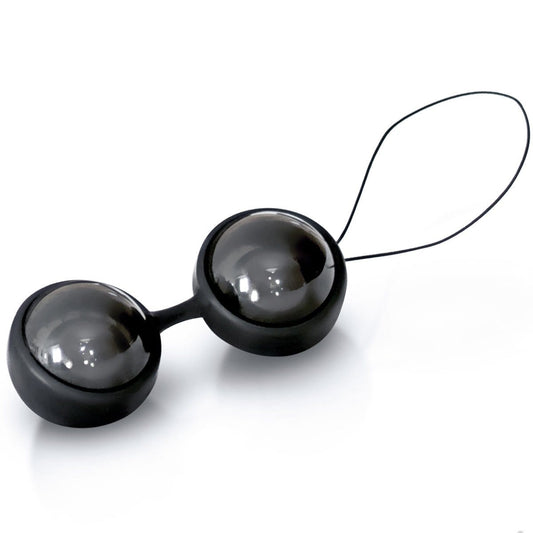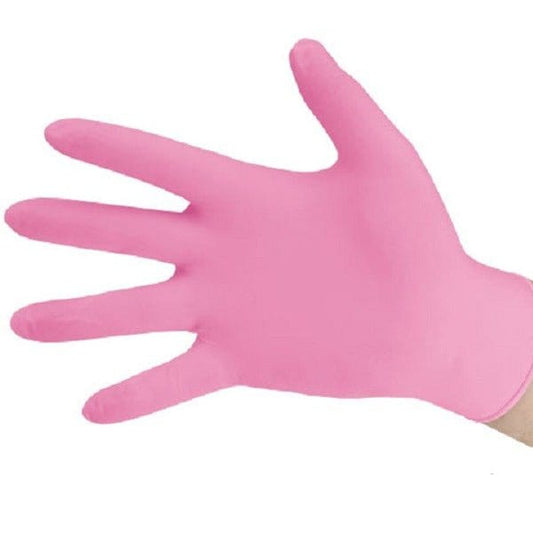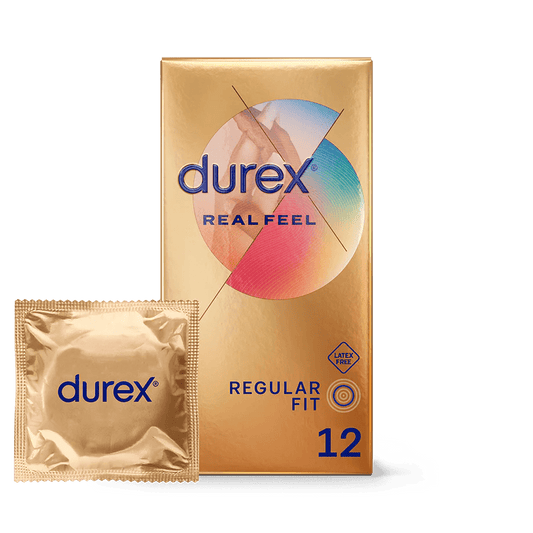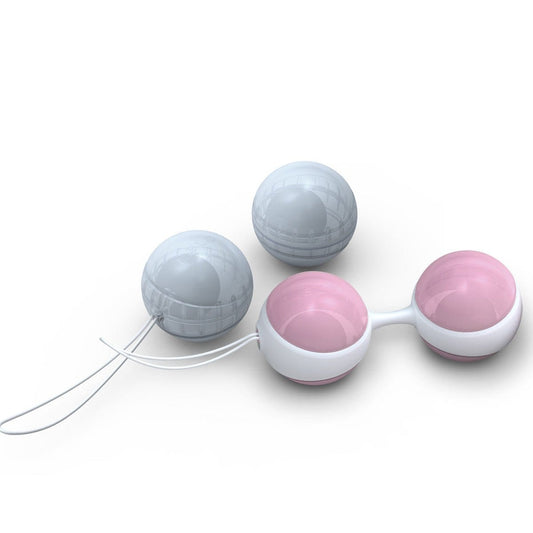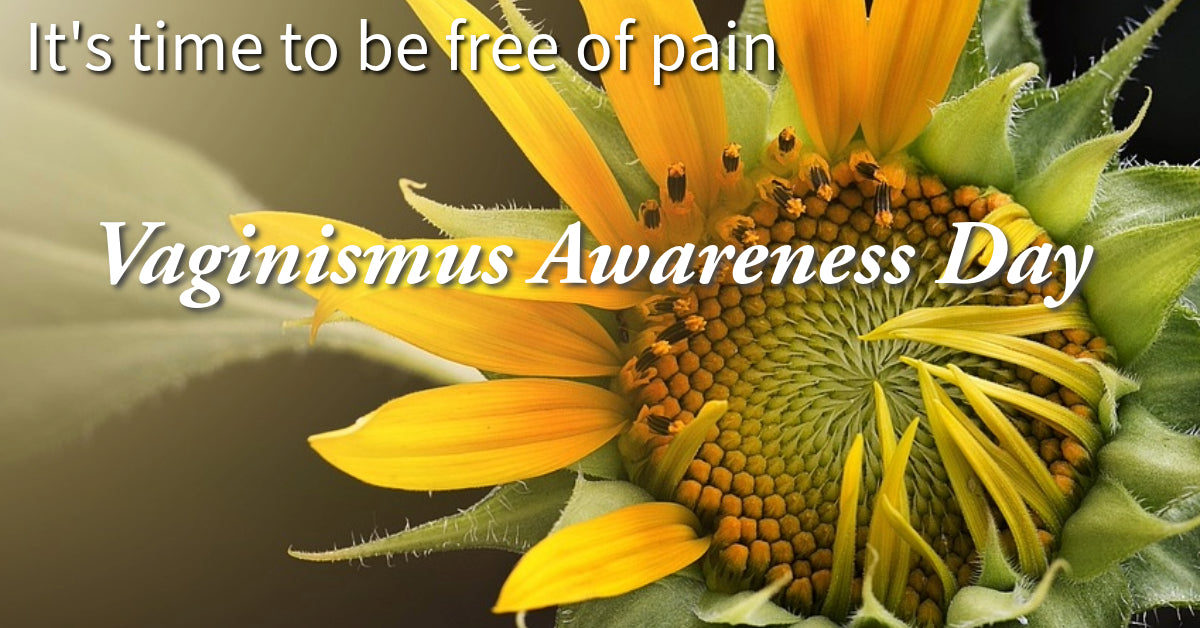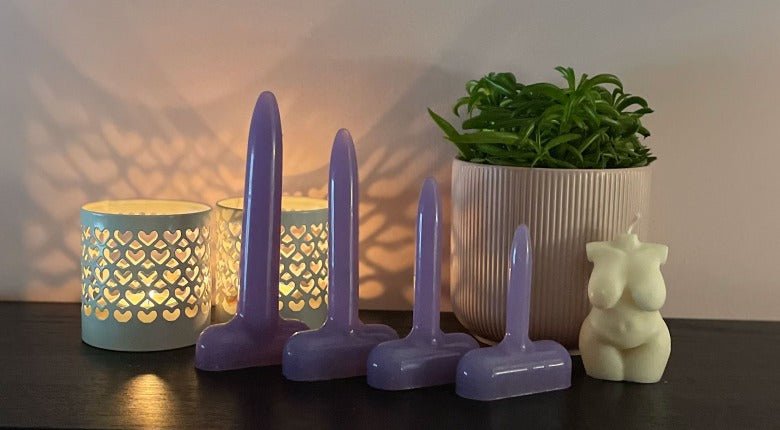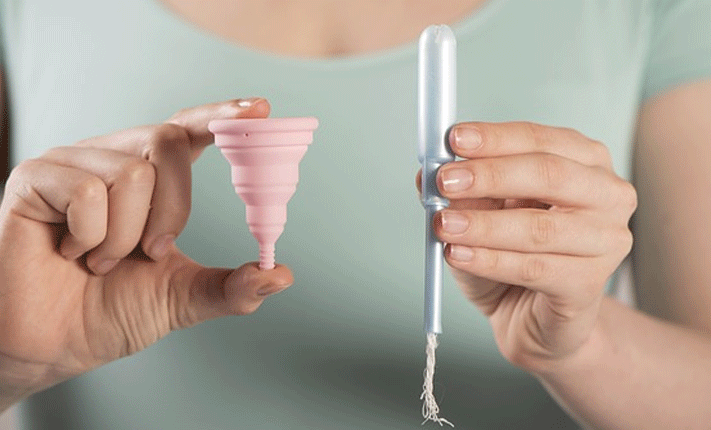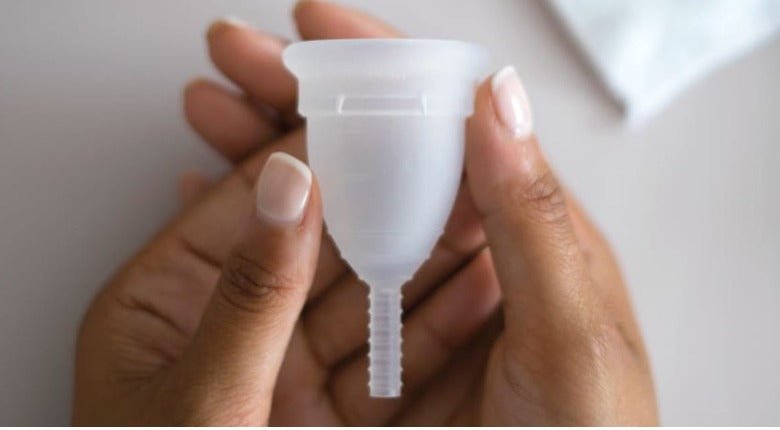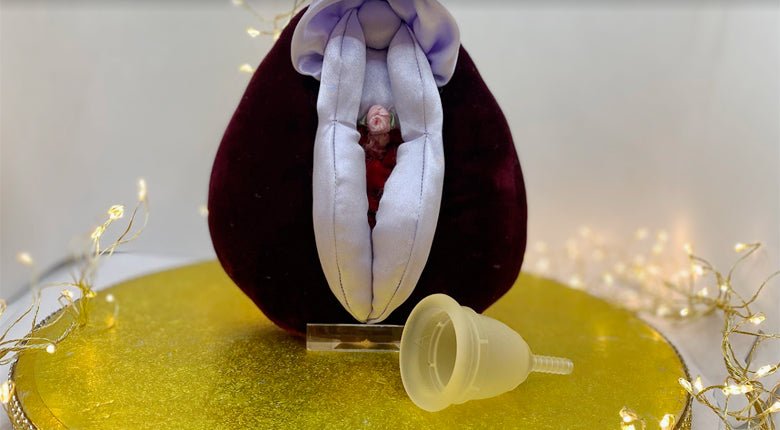We are always told to rubber up before jumping in the sack. But, it seems so many are still in the dark about the different types of protection available to protect against STI’s (sexually transmitted infections).
Safer sex advice focuses on keeping safe during intercourse and anal sex. These are riskier types of sex, but sexual health is also crucial for lesbians. This is why we stock a range of safer sex supplies like condoms, dams and gloves – to keep you covered, whatever your sexuality or preferred sexual activity.
Are condoms the best protection for safer sex?
Condoms are the cornerstone of safer sex and are the most widely used form of protection.
Using a condom will protect both you and your partner against the majority of sexually transmitted infections. Use a fresh condom and lots of water-based lube every time you have vaginal or anal penetrative sex. Also, the same rule applies whenever you go from back to front (ie going from anal to vaginal penetration), and any time you share a sex toy.
Condoms such as Pasante Extra condoms are designed especially for anal play as they are thicker than your average condom and more resistant to breaking or tearing.
Many condoms are already lubricated, but using extra lube on the outside further protects the condom from splitting as well as enhancing glide. Putting a little lube inside the teat of the condom also enhances sensations for him; a tiny drop will do the trick – using too much can mean that the condom slides off.
Always use proper lube and give moisturizers, massage oils, baby oils or body lotions a wide berth. They're likely to contain perfumes and chemicals that are irritating to delicate genital tissue, plus mineral oils that quickly degrade latex, causing a split condom.
Condoms can spice up sex, as well as keep it safer
As well as regular condoms, there are also some great condoms to not just protect but also to add extra thrills to rubbering-up.

What is a dental dam?
A dam is a safer-sex shield used for oral sex. These are squares of latex used as barriers during cunnilingus (oral - vaginal licking) and rimming (oral-anal licking).
Update: Unfortunately, the UK manufacturer of dental dams have ceased productions (!), which we can only guess is down to low demand. We'll get dental dams back in stock as soon as we can find a suitable new supplier. For now, we recommend cutting open a condom and placing the latex over the area instead.
Even if you have a dam, avoid going down on someone who has an outbreak of herpes or if you have a cold sore. The herpes virus can cross between the mouth and genitals, so unprotected oral play with a person carrying the virus could result in cold sores or a genital herpes outbreak.
Should I use latex gloves during sex?
Cuts on the hands, hangnails, and nail-biting are all reasons why you should cover up hands and protect against possible transmission routes for viruses or bacteria.
Gloves are perfect for all manual sex play, and especially for fisting and anal play, where they turn hands into sleek playthings. And there’s another benefit to using gloves. Unlike skin, gloves don’t absorb lubricant. Maintaining a sensual glide is much easier with glove-covered hands.
Adding lots of water-based lube transforms your hands and fingers into incredibly slippery tools of pleasure! Gloves are also great if you have particularly long nails, which might hurt or cut your partner. Pop cotton balls into the fingertips of the glove. This will protect the glove from tearing and give a cushioned effect for the receiver.
I'm allergic to latex - can I still have safer sex?
Yes, you can! We stock latex-free gloves and non-latex condoms for those with latex allergies. Latex allergy can range from mild to severe and even life-threatening, so always err on the side of caution.
How to talk about safer sex with a partner
Savvy peeps don’t expect a partner to sort out the safer sex stuff but do it themselves by carrying dams or condoms, along with sachets of lube in their bags, just in case.
But safer sex isn’t just about having and using the right supplies. Talking about safer sex helps you make choices together and open up the conversation about sex, your likes, dislikes and like-to-try’s, the basis for a great relationship.
Start the conversation before you hit the bedroom, as once you’ve got to the heat of the moment, it can be tricky to put the brakes on and bring up the condom convo. You might feel a bit awkward at first, but you’ll feel much more at ease knowing you’ve got the right type of protection. It would be so disappointing to find out your new partner has a latex allergy when all you have is latex condoms and dams!
We're not going to share pics of infected genitalia. Images are plastered over the internet, and a quick search will show you all you need to know. All unprotected sex can be risky, albeit there are different risk levels for different types of play.
The risk of HIV infection is lower in lesbian sex than heterosexual or gay male partners, but there's still a possibility of contracting an STI. Always be sure to practice safer sex, whatever your sexuality. We urge everyone to get tested regularly and rubber up with new partners because taking control of your sexual health and well-being is really sexy.


